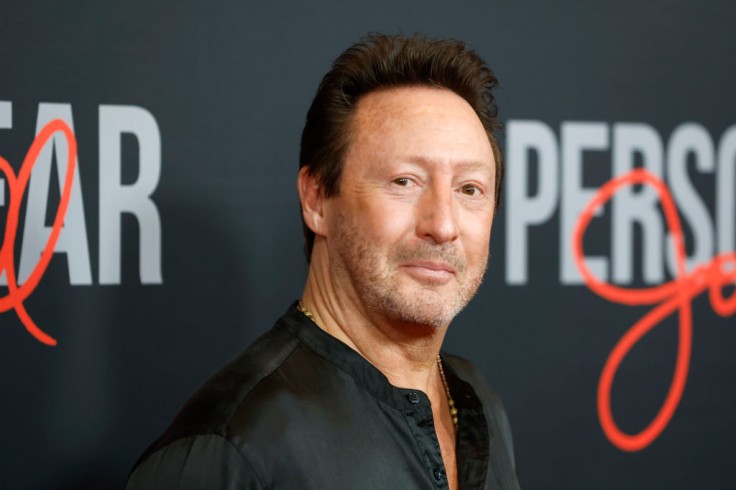
Julian Lennon made a big move using his father John Lennon's music to unite the people amid the ongoing rift between Ukraine and Russia.
According to E! Online, the singer/songwriter took to social media to share a video of himself singing his father's smash hit "Imagine" for the first time to support Ukrainians.
In the three-minute video, Julian and guitarist Nuno Bettencourt sat in a dark room illuminated with candles.
The singer then reacted to the tragedy by writing in the caption, "The War on Ukraine is an unimaginable tragedy. As a human, and as an artist, I felt compelled to respond in the most significant way I could. So today, for the first time ever, I publicly performed my Dad's song, 'IMAGINE.'"
Julian explained that he initially didn't want to sing the song unless it was "the end of the world," but he decided to perform it after all these years because he felt his father's lyrics resonated with the ongoing chaos.
"His lyrics reflect our collective desire for peace worldwide. Because within this song, we're transported to a space, where love and togetherness become our reality, if but for a moment in time," he added.
He said the song reflects hope for people as there is "light at the end of the tunnel" that everyone is hoping for.
Concluding his statement, Julian is calling on world leaders and everyone who believes in the song's sentiment to stand up for refugees.
At the time of this writing, the video amassed over 1,250,537 views on YouTube.
The Legacy of John Lennon's 'Imagine'
According to Biography, the Beatles band member wrote the song in one session while sitting at his grand piano in England in May 1971.
His wife, Yoko Ono, watched him as he played the melody and wrote the lyrics for the song.
After finishing the track, he recorded it in his home studio with Alan White, Klaus Voorman, Nicky Hopkins, and producer Phil Spector.
Initially, they tried experimenting with the music by Hopkins playing on the same piano on a higher octave, but they ultimately decided to keep the song simple.
During its final process, it was taken to New York City, and "the Flux Fiddlers" philharmonic added strings to the track.
After being released in 1971, the song became an iconic symbol in the world of music and politics.
© 2025 MusicTimes.com All rights reserved. Do not reproduce without permission.






